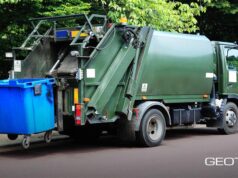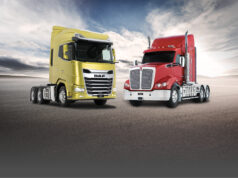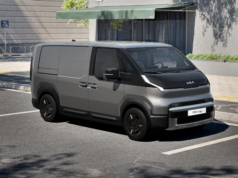Sales of electric vehicles in Australia in the first half of 2023 exceeded that for the whole of 2022, but as more EVs are added to the national fleet questions are being asked about the necessary infrastructure.
In the first six months of 2023, 46,624 EVs were sold, representing 8.4% of all new car sales. In 2022, 33,416 EVs were sold or 3.8% of total sales.
Those sales bring the number of EVs on Australian roads to around 130,000, according to the Electric Vehicle Council.
To keep these vehicles charged up there are around 5000 public charging stations throughout Australia and while this is considered sufficient at the moment the number of charging stations will have to increase rapidly if the EV rollout is to continue.
There are two types of charging: ‘destination’ charging at shopping centres and public areas which take several hours to charge and ‘high speed’ charging which drivers will need for any long distance and interstate travel.
Speaking with the ABC recently, EV researcher Gail Broadbent said charging infrastructure was key to alleviating the ‘range anxiety’ of EV drivers fearful of being stranded on the highway some distance away from charging. Her estimate was that for every 10 EVs Australia needs one ‘destination’ charger and for every 100 EVs one ‘high speed’ charger.
“At the moment, with Australia’s relatively slow uptake of electric vehicles, we’re OK, but there’s going to be an exponential increase in the number of EVs on the road in the coming years, and it will be up to governments and private business to ensure the rollout of EV infrastructure keeps pace with the demand,” she said.
There is also the issue of paying for charging, which up until now has been free. In NSW, motoring organisation the NRMA has begun charging at its stations.
In April this year the Federal Government released a National EV Strategy which looked at barriers to EV uptake, while renewable energy investment agency ARENA has announced $70 million in funding to increase the availability of charging stations.
Amid all the focus on EVs it is easy to forget that hydrogen fuel cell technology also has its advocates.
A report released in August by the CSIRO and GHD Advisory calls for Australia to focus on hydrogen-powered transport or risk being left behind international counterparts.
The report said hydrogen presented greater opportunities in long-haul travel and freight transport because hydrogen-powered vehicles are quicker to refuel, have a greater range between refuelling stops and can maximise their payload because they don’t need to carry large, heavy batteries required by electric vehicles.
There are currently only five hydrogen refuelling stations in Australia, with 20 planned or under construction.














